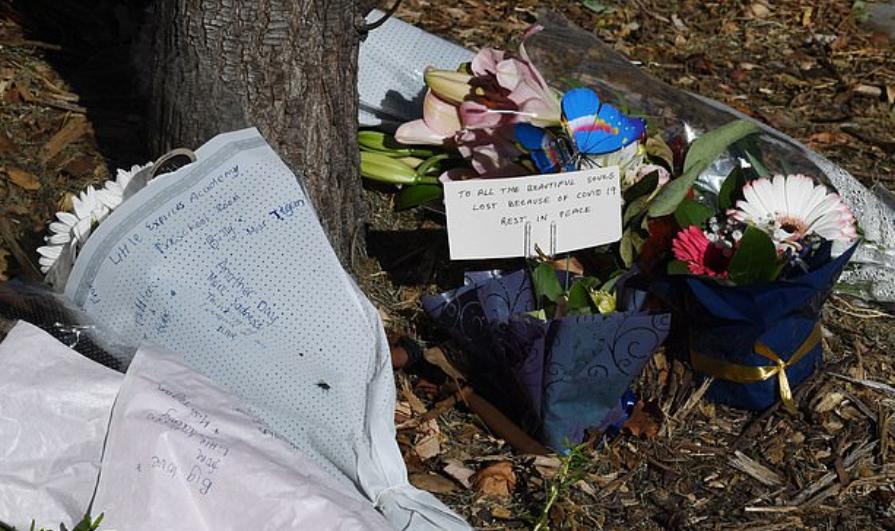Don't let me take a shower, I can only eat frozen sandwiches every day! A Newmarket Home Nursing Home in Sydney, Australia, has seen a sudden decline in the quality of life of elderly residents due to the discovery of a large number of NEW CROWN cases, and many elderly people have to endure weight loss, dehydration, pressure sores and skin infections.

In addition to physical torture, some elderly people also suffer from mental pain. Some were depressed by being forced to move into the rooms of their dead friends. In addition, due to the nursing home's repeated delays in installing landline phones, the elderly were unable to get in touch with their families in time.
In April, a massive COVID-19 outbreak broke out at Newmarket House in Sydney's western suburbs, killing 17 people and infecting 71 residents and staff. By mid-April, a week after the outbreak, 87 percent of the nursing home's nursing staff, including 50 back-up staff, had been forced into quarantine, leaving only some front-line staff to care for the elderly in the home.
The report shows that the reduction in staffing has meant that the quality of care in the nursing home has been compromised and delayed. According to the families of the elderly, in the early days of the outbreak, the staff of the nursing home forbade the elderly to bathe because they were worried that the virus would continue to spread on a large scale. Because of the inability to wash their hair and bathe, the sanitation of the elderly has become very poor. Many older adults suffer from "weight loss, dehydration, pressure sores, urinary tract hyperplasia and skin infections, and other systemic health problems."
In addition to the poor living, the old people also eat poorly. According to relevant reports, during the outbreak, staff will provide frozen sandwiches to the elderly, or meals that cannot be eaten at all, and sometimes delay the provision of meals. The outbreak in the British-run nursing home began on 11 April and ended on 15 June. During this period, a total of 19 elderly people died, 17 of whom died directly from COVID-19.
In June, the Australian federal government asked professors in the field to investigate the nursing home. They found that the nursing home had been in a "vicious circle" of staff shortages, shortages of protective equipment and inadequate infection control measures. At the same time, employees do not maintain safe social distancing on the transportation of meals, rest, meetings and commuting to and from work, which has also led to the continuous failure of employees to work normally due to covid-19 infection.
Because of the shortage of manpower, employees from about 10 different nursing homes were called to help the Newmarket Home nursing home, but their skills and experience were uneven and the manpower was unpredictable. The professors found that some of the staff sent to support them did not know that there was a case of COVID-19 at the Newmarket House and would leave immediately when they found out.
At the same time, because the relationship between different agencies is not clear enough, it is very difficult to investigate and hold accountable. Bland Hazad, health minister for New South Wales, Australia, said the department had put in place an agreement to ensure that leadership in aged care facilities could remain clear at all times in the event of a recurrence of the outbreak.
Governor gladys of NSW Gladys. Berigiclin said authorities must learn from what happened to prevent similar incidents from happening again. She told reporters: "All of us have sympathy for the traumatized patients at Newmarket House, and their relatives, and our hearts will continue to be with them." Richard Kohlbeck, Australia's Federal Minister for Aged Care, also responded to the incident. "As the outbreak breaks out, we will continue to learn from the Infections at Newmarket House and Victoria and incorporate them into the country's next response," he said in a statement. "